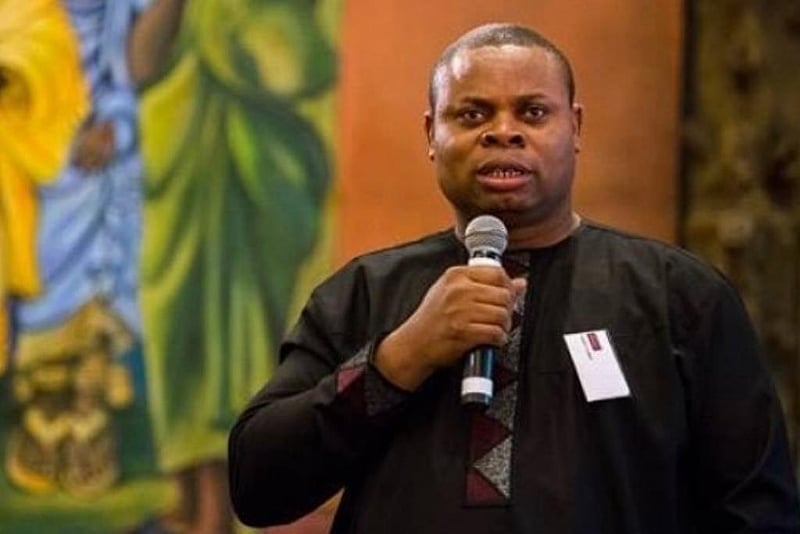The petition filed against former Attorney-General Godfred Yeboah Dame before the General Legal Council (GLC) has sparked a debate about professional ethics and accountability within Ghana’s legal system. The petition, submitted by Daniel Kwame Ofosu-Appiah, accuses Dame of professional misconduct related to his alleged attempts to influence witness testimony in the high-profile ambulance procurement trial involving Dr. Cassiel Ato Forson. The accusations stem from a recorded conversation and WhatsApp messages between Dame and Richard Jakpa, the third accused in the trial. The conversation, admitted as court evidence, allegedly captures Dame attempting to sway Jakpa’s testimony. This evidence has fueled public scrutiny and calls for a thorough investigation into Dame’s conduct during his tenure as Attorney-General. Ofosu-Appiah’s petition, filed under Section 18 of the Legal Profession Act, 1960 (Act 32), requests the GLC’s Disciplinary Committee to consider a range of sanctions against Dame, including suspension or disbarment, if found guilty.
Central to the discussion surrounding this petition is the call for individual accountability, particularly regarding Dame’s role in the alleged misconduct. IMANI Africa President, Franklin Cudjoe, has emphasized the importance of Dame addressing the allegations against him personally, separating them from the broader political context of the previous government’s actions. Cudjoe argues that Dame should not view the petition as a political attack or persecution but rather a direct consequence of his individual actions. This emphasis on personal responsibility reflects a growing sentiment within the public discourse that Dame must answer for the specific allegations levied against him, irrespective of any perceived political motivations.
The petition’s focus on Dame’s alleged attempt to influence a witness strikes at the heart of the integrity of the judicial process. If substantiated, such actions could undermine public trust in the fairness and impartiality of legal proceedings. The potential ramifications extend beyond the immediate case, potentially raising questions about the broader conduct of legal professionals and the safeguards in place to prevent undue influence on witnesses. Ofosu-Appiah’s petition underscores the importance of maintaining ethical standards within the legal profession to ensure the integrity and credibility of the justice system.
The accusations against Dame have further ignited a discussion about the separation of legal proceedings from political influence. Cudjoe’s call for Dame to acknowledge his individual responsibility underscores the need for legal professionals, particularly those in positions of authority, to operate independently of political pressures. The appearance of political interference in legal matters can erode public confidence in the justice system and raise concerns about the fairness and impartiality of legal outcomes. The petition against Dame serves as a reminder of the importance of maintaining a clear separation between legal proceedings and political considerations.
The public interest generated by the petition highlights the significance of upholding ethical standards within the legal profession. The allegations against a former Attorney-General, a position entrusted with upholding the rule of law, have naturally drawn considerable attention. The outcome of the GLC’s investigation will likely have significant implications for the public perception of the legal profession and the justice system as a whole. A thorough and impartial investigation is essential to ensure accountability and maintain public trust in the integrity of legal processes.
The call for a depoliticized approach to the petition emphasizes the need to focus on the specific allegations of professional misconduct, rather than allowing the issue to be consumed by broader political narratives. Cudjoe’s comments reflect a desire to address the core issue of ethical responsibility within the legal profession. By separating the petition from political debates, the focus can remain on the alleged actions of the individual involved and the potential ramifications for the integrity of the legal system. This approach is vital for upholding public trust in the fairness and impartiality of justice in Ghana.


